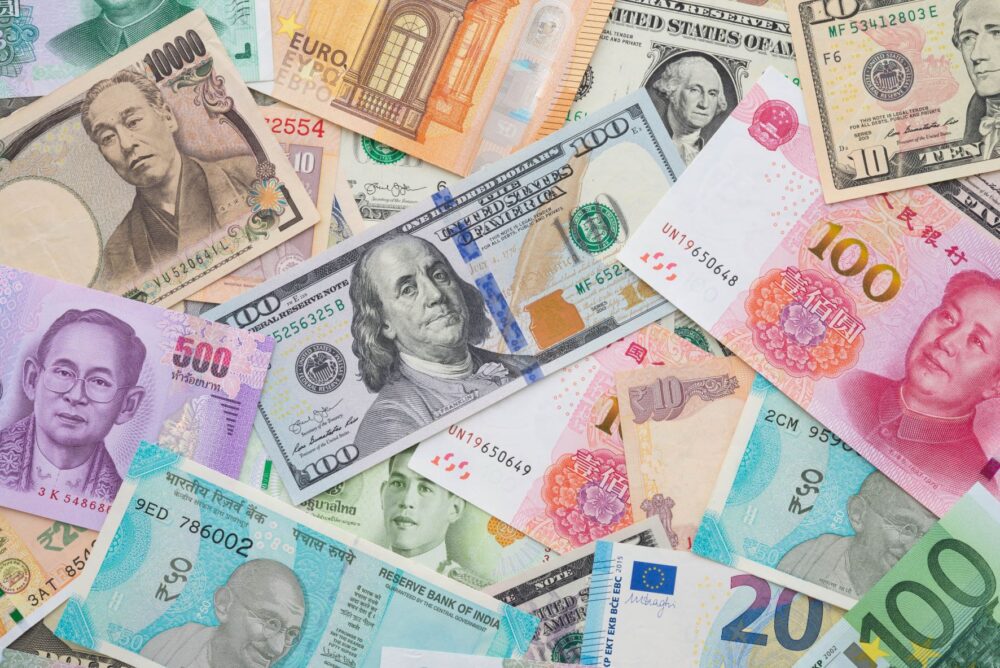ISLAMABAD: Finance Minister Muhammad Aurangzeb has formally requested China to roll over its guaranteed debt and expand the current $4.3 billion currency swap arrangement, as Pakistan continues to grapple with critically low foreign exchange reserves.
The requests were made during a bilateral meeting with Chinese Finance Minister Lan Fo’an on the sidelines of the International Monetary Fund’s (IMF) Spring Meetings, according to officials from the Ministry of Finance. The discussions were described as “very positive and constructive.”
The high-level dialogue focused on deepening economic cooperation and reaffirming China’s support for Pakistan’s ongoing reform efforts under the IMF’s Extended Fund Facility (EFF) programme. Aurangzeb also extended formal invitations to both Chinese and Saudi finance ministers to visit Pakistan in the near future.
A press statement issued by the Finance Ministry highlighted that Minister Aurangzeb thanked the Chinese government for its continued support, referencing a previous meeting between the two counterparts in Beijing in July 2024. He particularly appreciated China’s backing of Pakistan’s economic reform agenda under the IMF framework.
China has already assured the IMF of its intent to roll over $4 billion in cash deposits held in Pakistan’s central bank, a move seen as crucial to maintaining the country’s external financial stability.
In addition to seeking the debt rollover, Pakistan has also requested a rescheduling of loans from the Export-Import (Exim) Bank of China that are due to mature before the IMF programme concludes in September 2027.
The finance minister reiterated Pakistan’s request to expand the bilateral currency swap facility with China. While officials did not disclose the exact amount sought, Pakistan has already exhausted the existing facility—equivalent to CNY 30 billion or roughly $4.3 billion—primarily to service external debt.
Back in October 2024, Aurangzeb had requested an increase in the swap limit by an additional CNY 10 billion, equivalent to around $1.4 billion at current exchange rates. If approved, the total facility would rise to approximately $5.7 billion, offering Islamabad additional breathing room in managing its foreign liabilities.
The requests, however, are still awaiting formal approval from Beijing.
As Pakistan continues to engage with international partners to stabilize its economy, the outcome of these discussions with China could prove pivotal for its short-to-medium term financial outlook.










